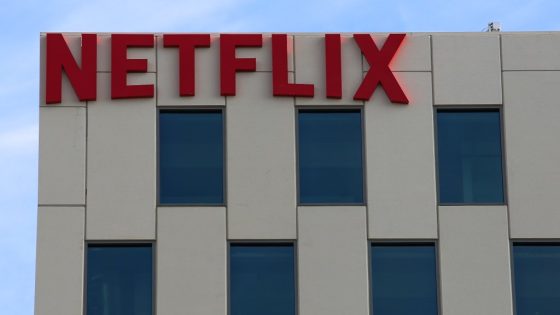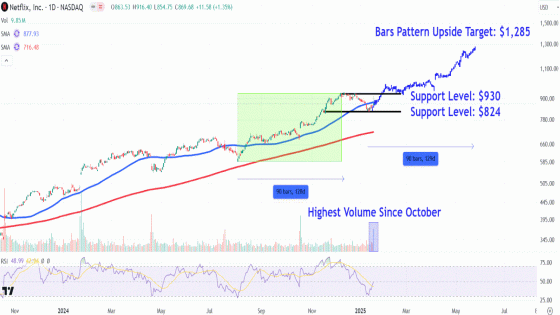On January 22, 2025, Netflix announced it will raise prices on most of its subscription plans in the U.S. and other territories. This adjustment follows a successful quarter where the company added a record 19 million subscribers, indicating strong momentum in its subscriber growth.
- Netflix raises subscription prices in the U.S.
- Low-cost ad tier increases to $7.99
- Standard plan now costs $17.99
- Premium plan price rises to $24.99
- Record 19 million new subscribers reported
- Ad tier accounts for 55% of sign-ups
Netflix’s decision to raise prices comes as the company aims to reinvest in programming and enhance value for its members. The new pricing structure includes an increase for its ad-supported tier, which is now priced at $7.99 per month, up from $6.99. The Standard plan, which is the most popular among users, will now cost $17.99, an increase from $15.49. The Premium plan will see a $2 increase, bringing it to $24.99. The fee for adding an additional subscriber to the ad tier remains unchanged at $6.99.
The price adjustments affect subscribers in the U.S., Canada, Portugal, and Argentina. Netflix indicated that these changes are part of a strategy to improve profit margins while continuing to invest in content. The company noted that the ad-supported tier accounted for 55% of all sign-ups during the last quarter, highlighting its growing importance in Netflix’s overall subscriber base.
Historically, Netflix has experienced some cancellations following price increases, but the majority of subscribers tend to remain. The company has seen a significant increase in active users on its ad tier, which surpassed 70 million monthly active users last fall. The financial community views these price hikes as a necessary step for Netflix to maintain its competitive edge and profitability in the streaming market.
In summary, Netflix’s price increase reflects its ongoing strategy to invest in content while managing subscriber growth. With a record number of new subscribers, the company is positioned to continue its expansion despite potential consumer pushback against rising costs.

































